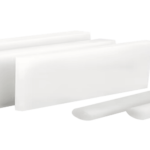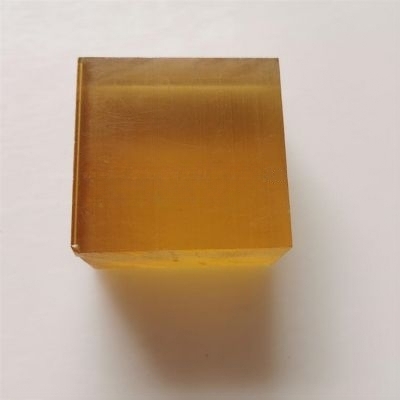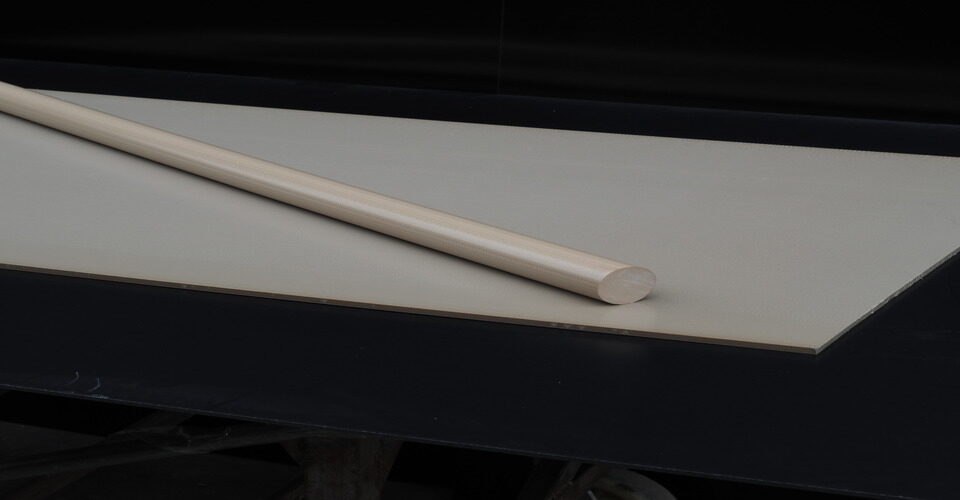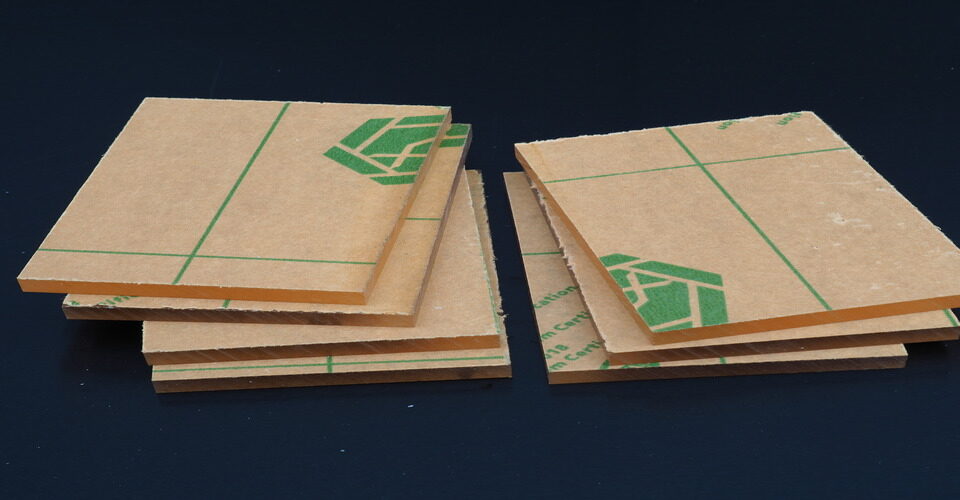
What is the difference between PTFE and PCTFE material?
January 20, 2025
What are the disadvantages of PFA?
January 20, 2025PSU (Polysulfone) is a high-performance thermoplastic known for its exceptional thermal stability, mechanical strength, and chemical resistance. It is widely used in demanding applications across various industries due to its ability to perform well in a broad temperature range.
Thermal Stability
PSU plastic exhibits excellent thermal stability, making it suitable for applications requiring consistent performance in high-temperature environments. Its continuous use temperature typically ranges from -100°C to 160°C, although it can briefly tolerate higher temperatures without significant degradation.

Low-Temperature Performance
At low temperatures, PSU maintains good impact resistance and toughness, unlike many other plastics that become brittle. Its ability to perform reliably down to -100°C makes it useful for applications in cold storage, refrigeration, and other low-temperature environments.
High-Temperature Performance
PSU can withstand temperatures up to 160°C in continuous use without losing its mechanical properties. It also has excellent resistance to hydrolysis, allowing it to maintain stability when exposed to hot water, steam, or autoclave conditions. This makes PSU suitable for sterilization processes and high-temperature fluid handling systems.
Applications in Temperature-Dependent Environments
PSU’s wide temperature range enables its use in various industries, including healthcare (medical devices), aerospace (high-temperature components), and electrical (insulators and connectors). It is particularly valued for applications requiring repeated exposure to temperature extremes.
Conclusion
The temperature range of PSU plastic, from -100°C to 160°C, combined with its durability and chemical resistance, makes it a versatile material for applications requiring consistent performance under thermal stress.






